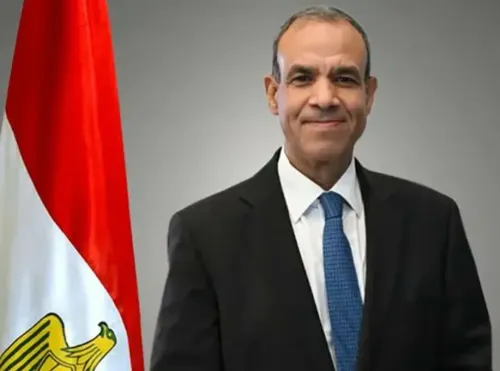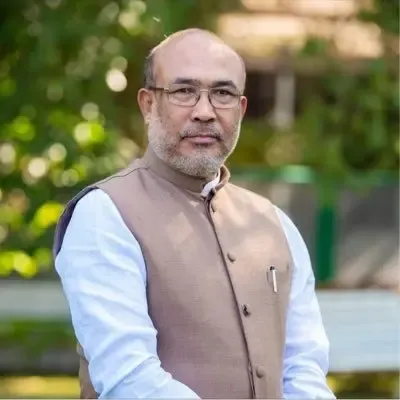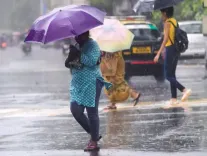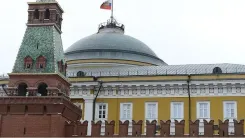Did Gujarat ATS Uncover an Al-Qaeda Module?
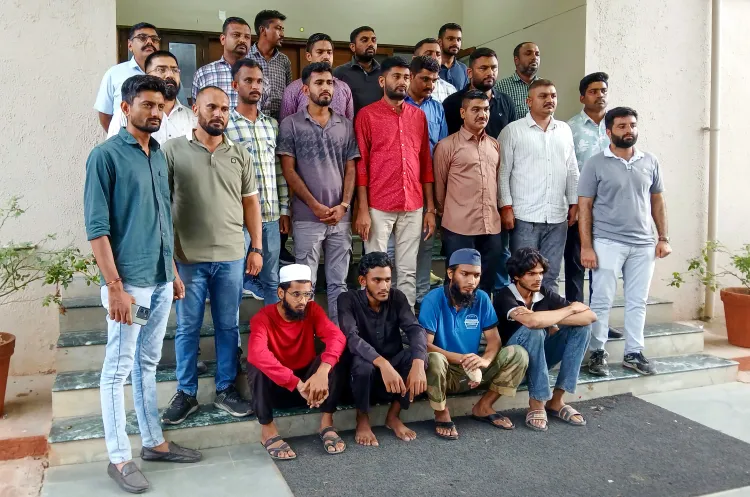
Synopsis
Key Takeaways
- Four individuals arrested for links to an Al-Qaeda online radicalization network.
- The group was involved in spreading extremist ideology through social media.
- Investigators uncovered a covert digital cell promoting terrorism.
- Authorities seized digital devices and evidence of communication with Pakistan.
- The operation is ongoing, with more suspects likely to be identified.
Ahmedabad, July 23 (NationPress) The Gujarat Anti-Terrorism Squad (ATS) has detained four men purportedly associated with an online radicalization network linked to Al-Qaeda. These individuals are accused of disseminating extremist propaganda, advocating for jihad, and inciting violence via social media and encrypted messaging platforms.
The detainees have been recognized as Mohammad Faiq Rizwan from Delhi, Mohammad Fardeen Rais from Fatehwadi (Ahmedabad), Saifullah Qureshi Rafiq from Modasa (Gujarat), and Zeeshan Ali Asif Ali from Noida. ATS officials stated that the group was involved in a clandestine digital unit that spread pro-Al-Qaeda messages, glorifying terrorism, and advocating the establishment of Sharia law in India.
This operation was initiated following a tip-off received on June 10, which led to the monitoring of suspicious Instagram accounts named Mujahideen 1 and Mujahideen 3. The digital investigation, spearheaded by ATS DIG Sunil Joshi, uncovered inflammatory posts, radical literature, and speeches from a deceased terrorist named Umar, who is believed to have been killed in Afghanistan.
According to investigators, Asif was actively disseminating these messages in both English and Urdu, aiming to influence young individuals. A sword and digital devices were confiscated from the Fatehwadi home of one of the suspects, while evidence indicates communication with persons in Pakistan.
Authorities disclosed that the group utilized auto-deleting applications to evade detection and maintain secrecy regarding their operations. Further examination of their online activities revealed intentional efforts to monitor internal movements within Gujarat and engage with extremist factions through encrypted channels.
Officials suspect that the group aimed to establish a broader network of radicalized individuals throughout the nation. The four suspects have been charged under various sections of the Unlawful Activities (Prevention) Act (UAPA)—specifically Sections 13, 18, 38, and 39—as well as Sections 113, 152, 196, and 61 of the Bhartiya Nyay Sanhita, 2023.
They have been placed in 14-day custody as investigations into their connections and digital footprints are ongoing. ATS sources confirmed that the operation continues, with the likelihood of additional suspects emerging as investigators sift through encrypted conversations, device data, and possible international ties.

